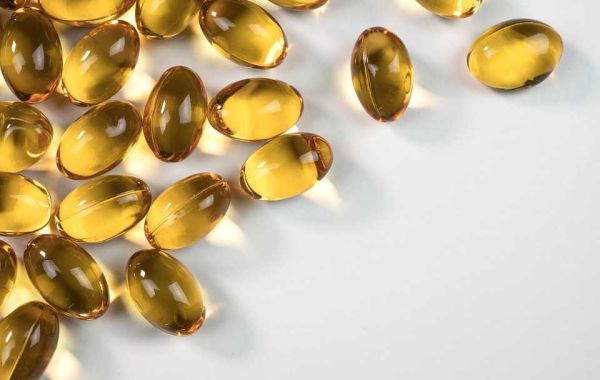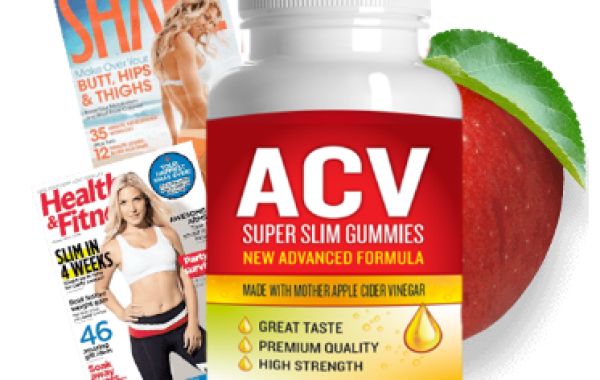Most of us have a tendency to concentrate on moisturisers, creams, serums, and toners while developing a natural skin care routine. While these are unquestionably crucial, the real key to healthy skin lies beneath the skin's surface. In fact, supplementing with a good variety of skin-friendly vitamins or incorporating them into your diet is just as important as loading up on cosmetics.
Although many supplements and vitamins are on the market for treating skin, not all of them are beneficial, and some may even damage your skin. Supplements can be your great friend but if used moderately. Additionally, more isn't necessarily better when it comes to supplements, so it's important to keep to the suggested dosage if you want the best effects.
Finally, rather than taking supplements, some vitamins are better applied topically or ingested through dietary sources. While vitamins A, E, and C are among the greatest antioxidant supplements for the skin, they are frequently suggested as lotions and serums rather than pills or capsules.
VITAMIN DEFICIENCY SYMPTOMS IN THE SKIN
Some of the first signs that you may be deficient in a certain vitamin or mineral in your diet can frequently be found in changes in your hair, skin, and nails. Even though deficiency symptoms can vary greatly depending on which micronutrients you may be lacking, some of the most typical ones include the following:
- Acne
- Blonding or coarse hair
- Bruising
- Dandruff
- Delayed wound healing
- Dry skin
- Hair loss
- Nail ridges
- Pale complexion
- Split ends or ridges on the nails
- Yellowing of the skin (aka jaundice)
If you experience any of these deficiencies, it may be time to examine your diet and identify any nutrient deficiencies. Alternatively, you can choose the orchid multivitamin, a simple and practical approach to include the vital vitamins and minerals your body requires to help balance your diet.
THE BEST VITAMINS FOR SKIN: HOW TO INCLUDE THEM IN YOUR DIET
The vitamins for your skin and hair your body needs can be provided by eating a well-balanced diet full of nutrient-dense foods like healthy fats, vegetables, fruits, and protein sources. Sometimes, this is even more beneficial than taking the best supplements. Add a dish or two of fruits and vegetables to each meal, or substitute some nutrient-dense superfoods for your favourite salty snacks.
Start your day with a vitamin-packed smoothie packed with your favourite greens and berries, adding a scoop of collagen to ramp up the health benefits. This will help you get more vitamins for clear skin into your diet.
The orchid supplements can be a smart alternative if you're having trouble getting all the vitamins and minerals you need each day or have a restrictive diet that makes it tough to get what you need. A healthy diet can complement supplements, but most of your micronutrient consumption should still come from wholesome food sources; it's crucial to keep this in mind.
WHAT TO LOOK FOR IN SKINCARE SUPPLEMENTS
Sadly, not all supplements are made equal, and many are frequently loaded with fillers, chemicals, and preservatives that the supplement business adds to increase profits rather than promote health.
Given that the needs for vitamins for men and women might vary, the finest vitamin brands should be devoid of unnecessary fillers and extra components and suited to your individual needs based on your age and gender. To guarantee you're obtaining the greatest quality possible, other supplements should also be acquired from a trustworthy retailer and have a few additional ingredients.
Following the suggested dosage outlined in your supplement's instructions is crucial. Use skin supplements as advised, and speak to your professional if you have any questions or concerns because some can have serious side effects when used in large doses.
RISKS AND NEGATIVE IMPACTS
Supplements should always be combined with a healthy, balanced diet rich in nutrient-dense foods to get the best benefits. The abundance of nutrients and health-promoting substances provided by a balanced and healthy diet cannot be substituted by supplements, which can help fill in the gaps and provide an extra dosage of health advantages.
Before beginning a supplement regimen, discuss any underlying medical concerns with your doctor. Some supplements may not be safe for you if you have them and may even interact negatively with your prescriptions.
To check your tolerance, start with a modest dose and gradually increase it; nevertheless, never exceed the dosage specified on your supplement. Reduce your dosage if you encounter any unfavourable side effects, and talk to your doctor about any concerns you may have.
TAKEAWAY
Adding a vitamin supplement to your routine could help maintain your skin smooth and radiant. Vitamins are essential for many areas of skin health. To ensure the best quality, look for supplements from reputed manufacturers with a few additional components. Since it's always advised to receive these vitamins for skin health and other vitamins and minerals from food, be sure to combine supplements with a balanced diet and lifestyle to enhance your skin's and your body's health.








